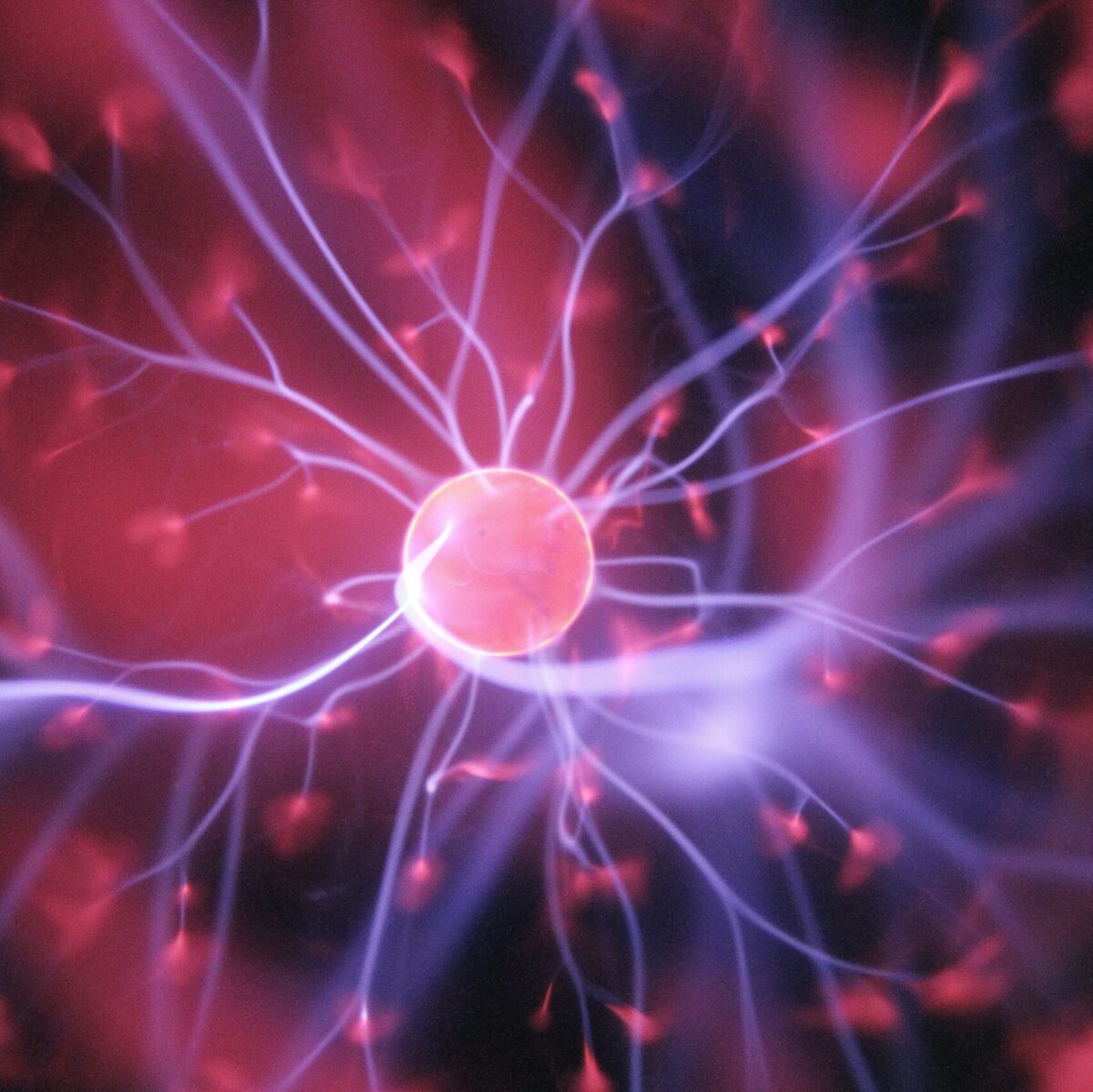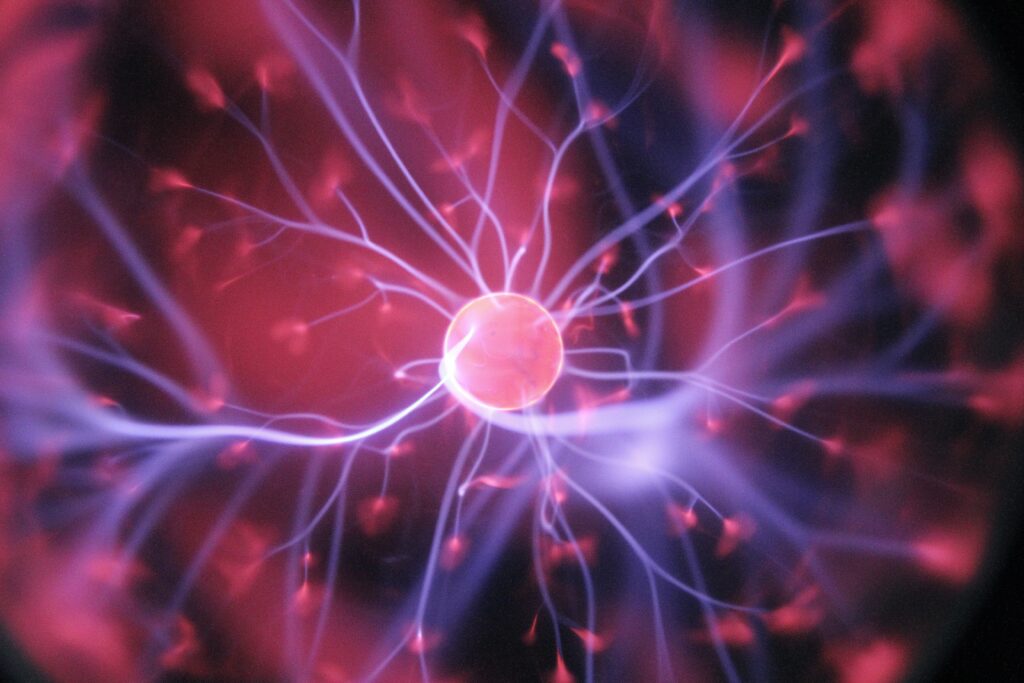
Is Neurofeedback therapy right for you?
Table of Contents
Although Neurofeedback Therapy is only recently gaining attention as a therapeutic treatment option, it is a technique that was developed in the late 1950s. Over the years, neurofeedback therapy has become more refined and effective for treating several different mental health concerns.
The foundation of neurofeedback therapy.
Neurofeedback therapy is a non-invasive treatment that utilizes operant conditioning to help develop healthier patterns of brain activity. Operant conditioning was developed by B.F. Skinner when he discovered that learning takes place when a specific behavior is modified by reinforcement or punishment. Neurofeedback therapy is also modified by reinforcement or punishment by providing feedback (reinforcement) when the brain is responding the way we want it to in that moment and not providing feedback (punishment) when the brain is not responding the way we want it to.
How neurofeedback therapy works.

The first step is gathering brainwave information through a Quantitative electroencephalography (qEEG). A qEEG records brainwave activity that gives insight to the ways the brain is functioning properly and ways it can improve. It focuses on 19 different parts of the brain throughout the temporal lobes, frontal lobes, parietal lobes, and occipital lobes. This data is then compiled into a report that helps to clearly see what parts of the brain are above or below the standard deviation for that part of the brain.
The training process.
Training is then targeted to those areas for improvement which allows the brain the ability to change and adapt to the healthier patterns of brain wave activity. Training involves identifying the area of the brain we wish to improve and placing electrodes at those sites to monitor brainwave activity for feedback. Feedback is provided one of several different ways; a beep, music, dimming/undimming of a screen if watching a movie, or a video pausing/playing. The number of training sessions needed does vary depending on the severity of the problem. Progress is closely monitored and recorded after every session.
What does neurofeedback therapy help treat?
Neurofeedback therapy is a wonderful option for several different mental health concerns. Neurofeedback therapy can be helpful for anxiety, depression, sleep problems, trauma, ADHD, learning disorders, OCD, peak performance, autism, cognitive decline, addiction, PTSD, headaches, HPA axis dysfunction, and more.
Find out if Neurofeedback Therapy is right for you. Contact me today.

